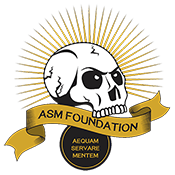PT/Mobility/Yoga

Physical therapy, mobility exercises, and yoga are increasingly recognized as essential components of a comprehensive wellness program for first responders, aiming to support not only physical health but also mental well-being and central nervous system (CNS) regulation. These practices can mitigate the physical demands of first responder work, which often include heavy lifting, wearing of bulky equipment, and exposure to stressful situations, by improving physical resilience, reducing injury risk, and enhancing mental health. Here we explore the reasons these practices are vital for first responders in maintaining a regulated CNS, supported by scientific literature.

Physical therapy, mobility exercises, and yoga offer substantial benefits for first responders, addressing both the physical and mental demands of their roles. By improving physical health, enhancing mental resilience, and fostering a balanced autonomic nervous system, these practices are critical in helping first responders maintain a regulated CNS, thereby supporting their capacity to perform their duties effectively and sustainably.
